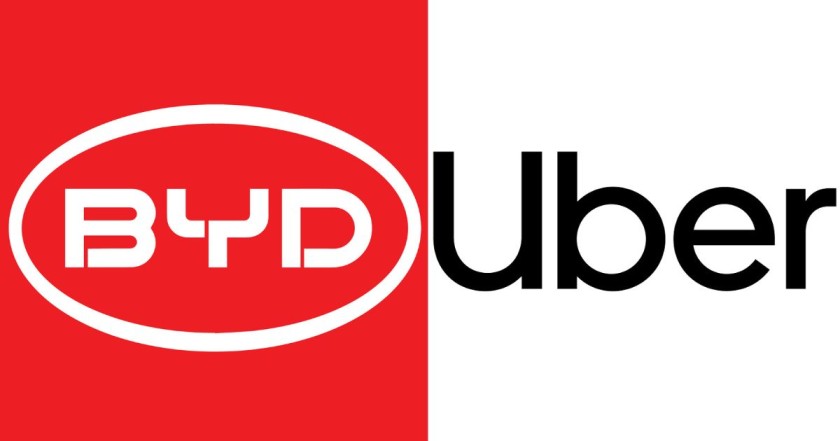The convergence of technology and sustainability has ushered in a new era of transportation, and the partnership between Uber and BYD stands as a testament to this transformative shift. This strategic alliance, aimed at deploying 100,000 electric vehicles (EVs) on the Uber platform across key global markets, marks a pivotal moment in the global transition to sustainable mobility.
The Perfect Match: Uber and BYD
Uber, a pioneer in ride-sharing and mobility services, has consistently demonstrated its commitment to environmental sustainability. The company has been actively promoting electric vehicle adoption among its driver-partners and integrating green initiatives into its operations. BYD, a leading global player in the EV and renewable energy industries, brings its expertise in manufacturing high-quality, affordable electric vehicles to the partnership.
The synergy between the two companies is evident. Uber’s vast network and deep understanding of the ride-sharing ecosystem provide a perfect platform for deploying BYD’s EVs on a large scale. In turn, BYD’s advanced EV technology and manufacturing capabilities can help Uber achieve its ambitious sustainability goals.
Accelerating EV Adoption
One of the primary objectives of this partnership is to accelerate the adoption of electric vehicles in the ride-sharing industry. By offering drivers access to best-in-class pricing and financing options for BYD vehicles, Uber aims to remove key barriers to EV ownership. This initiative is crucial as it can significantly reduce emissions from the transportation sector, a major contributor to climate change.
Furthermore, the partnership will introduce millions of riders to the benefits of electric mobility. As more and more people experience the comfort, quietness, and environmental friendliness of electric rides, demand for EVs is likely to increase, driving further adoption in the private car market.
Building a Sustainable Future
Beyond the immediate goal of deploying 100,000 EVs, the Uber-BYD partnership has the potential to reshape the future of urban mobility. By collaborating on research and development, the two companies can drive innovation in EV technology, battery life, charging infrastructure, and autonomous driving.
Moreover, the partnership can serve as a model for other cities and countries looking to transition to sustainable transportation systems. By demonstrating the economic viability and environmental benefits of large-scale EV adoption, Uber and BYD can inspire policymakers and industry leaders to invest in clean transportation solutions.
Challenges and Opportunities
While the Uber-BYD partnership is undoubtedly a significant step forward, it is important to acknowledge the challenges that lie ahead. The successful implementation of this initiative will require careful planning, coordination, and investment in charging infrastructure. Additionally, addressing the concerns of drivers, such as battery range anxiety and charging time, will be crucial for widespread EV adoption.
On the other hand, the partnership also presents immense opportunities for both companies. By capturing a significant share of the growing EV market, Uber and BYD can strengthen their market positions and generate substantial revenue. Moreover, the partnership can enhance their brand reputation as leaders in sustainability and innovation.
Conclusion
The Uber-BYD partnership is a landmark agreement that has the potential to accelerate the global transition to electric mobility. By combining their strengths, the two companies can create a sustainable transportation ecosystem that benefits drivers, riders, and the environment. As the world grapples with the challenges of climate change, partnerships like this are essential for building a cleaner and healthier future.


